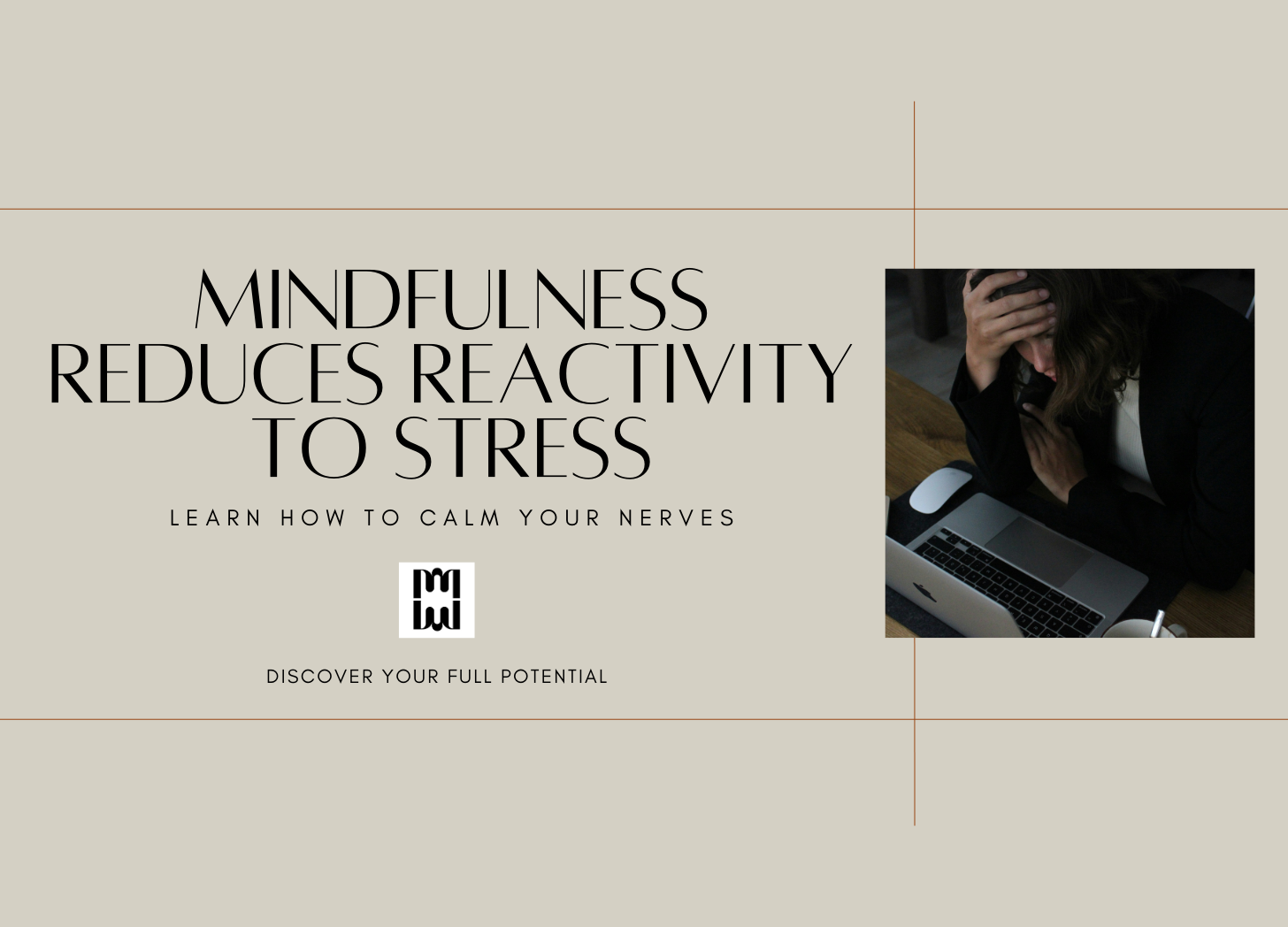New Research Shows Mindfulness Can Reduce Impulsivity
Practicing mindfulness can reduce stress and emotional reactivity.
Mindfulness includes breathing skills, yoga, pausing, and observing inner and outer experiences.
Mindfulness changes the brain through neuroplasticity and changes brain structures related to reactivity.
New brain imaging research published in Behavioural Brain Research suggests that just five weeks of mindfulness can reduce reactivity and potentially make lasting brain changes. Researchers measured impulsivity levels in risky drivers before and after mindfulness training and found reduced impulse levels as well as specific brain changes.
Mindfulness involves paying attention to inner and outer experiences with an open, curious, and nonjudgmental attitude. Mindfulness practices include deep breathing exercises, deep listening, yoga, meditation, and mindful walking. Mindfulness has been shown to reduce impulsive behavior in attention-deficit/hyperactivity disorder (ADHD) and addictive behavior.
Regular mindfulness training utilizes the brain's ability to change and grow at all ages, a process called neuroplasticity. Previous research has shown that brain areas for self-regulation can increase through meditation and areas related to reactivity shrink.
The mindfulness meditation training in the study focused on reducing risky driving. Psychologists taught weekly 3-hour sessions, and participants were encouraged to practice at home as well. Mindfulness training sessions included breathing skills, body scanning, guided meditation, and yoga. The skills targeted emotion regulation by focusing on the present moment, taking a breath, and observing both internal and external awareness.
After five weeks of mindfulness practice, risky drivers described feeling less urgency and reactivity. On their brain scans, the size of the right caudate nucleus became smaller. The caudate is an area of the brain that has been shown to have less activation in long-term meditators and is potentially involved in impulsivity and reactivity neural circuits.
For people with road rage, pausing to take a breath is a useful way to calm the nervous system and refocus attention to the road. Anger on the road has been linked with losing control of the vehicle, losing concentration, and near-misses. Road rage can be dangerous and raise the risk of car crashes, so mindfulness skills can be life-saving.
Try this simple breath exercise when you find yourself feeling overwhelmed on the road or when you feel stressed.
Mindful Breathing Exercise
Notice how your breath feels as you breathe in and out without trying to change it.
Take a few deep breaths in and out through your nose. Notice how these deep breaths feel different in your body.
Now, begin to count your breath. Breathe in for 4 seconds.
Hold your breath for 3 seconds. (If comfortable, you can try 4 seconds).
Breathe out for 4 seconds.
Hold your breath for 3 seconds.
Continue this rhythmic breath cycle five times.
Return to normal relaxed breathing.
As you become more comfortable with this breath exercise, you may experiment with longer lengths of breath inhalation, exhalation, and holds, such as 5 seconds in, 5 seconds hold, 10 seconds out, and 5 seconds hold cycles.
Marlynn Wei, MD, PLLC © Copyright 2024. All Rights Reserved.
Reference
Mas-Cuesta L, Baltruschat S, Cándido A, Verdejo-Lucas C, Catena-Verdejo E, Catena A. Brain changes following mindfulness: Reduced caudate volume is associated with decreased positive urgency. Behav Brain Res. 2024 Jan 10;461:114859. doi: 10.1016/j.bbr.2024.114859. Epub ahead of print. PMID: 38216057.
Listen to Dr. Wei's free healing breath meditations.
Learn more about mindfulness and connect with Dr. Wei on www.marlynnweimd.com | Instagram | Facebook | Twitter

